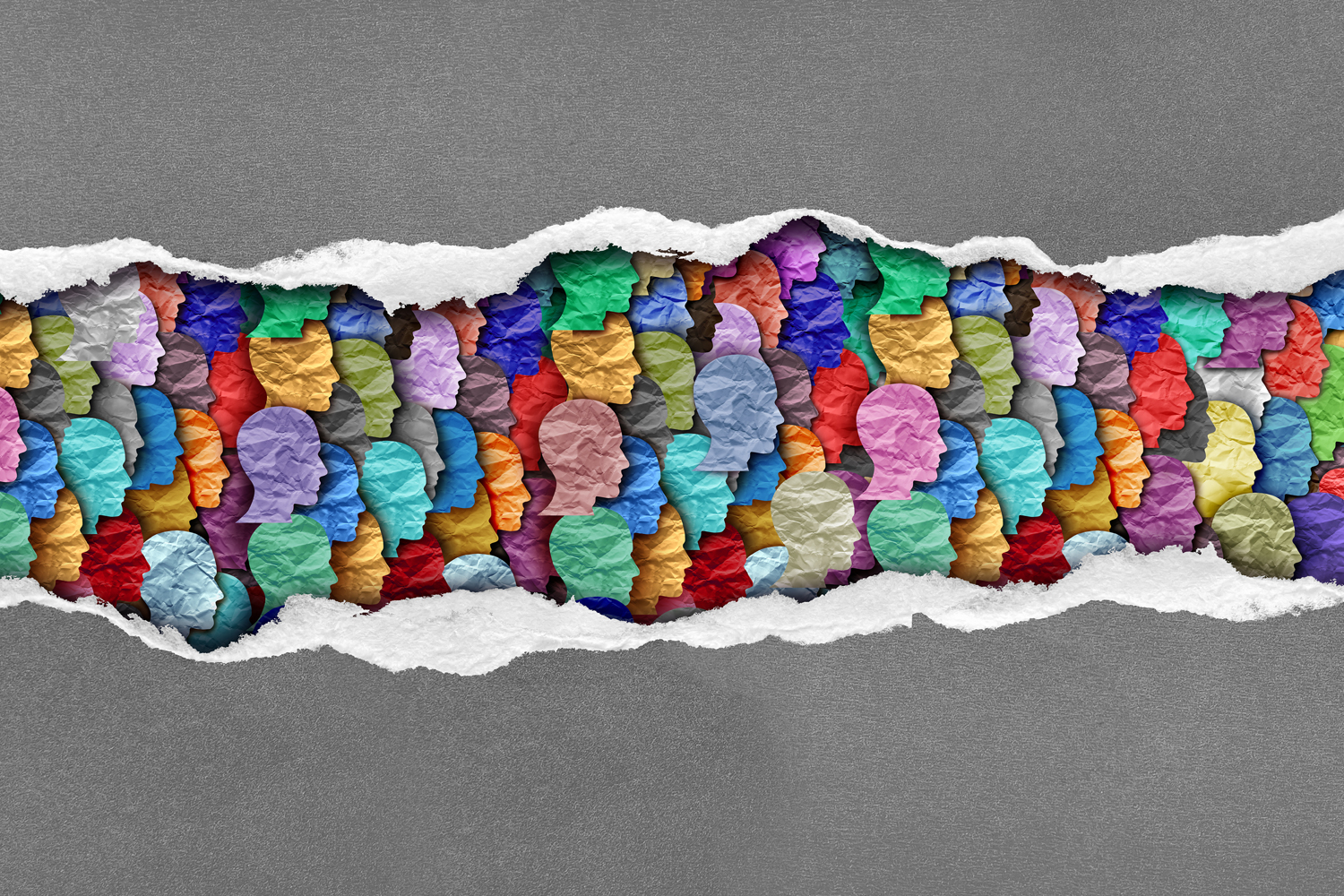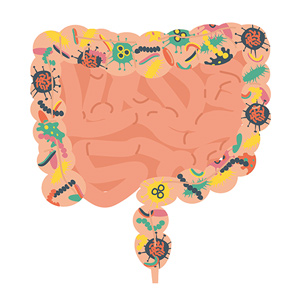-
Remote Care
After adapting remote patient monitoring programs to cancer patients with COVID-19, cancer centers delve deeper into the programs' value for cancer patients undergoing treatment.
by Jon Kelvey
-
July 16: The Week in Cancer News
A study measures the global impact of alcohol on cancer incidence, and the FDA approves treatments for multiple myeloma and urothelial cancer.
by Bradley Jones
-
Moving Away From the Maximum Tolerated Dose
The FDA recently expressed a new commitment to testing cancer drugs at lower doses, rather than defaulting to the highest dose most people can tolerate.
by Marcus A. Banks
-
July 2: The Week in Cancer News
A study sheds light on the link between red meat consumption and colorectal cancer, and mRNA COVID-19 vaccines are effective in most cancer patients.
by Kevin McLaughlin
-
Forward Look
The Impact of HPV VaccinationOver a decade after human papillomavirus vaccines first became available in the U.S., their effect on cervical cancer incidence is becoming apparent.
by Carisa D. Brewster
-
Forward Look
What’s Next? Summer 2021Using fecal transplants to improve immunotherapy response
by Natalie Slivinski
-
Are You a Candidate for Immunotherapy?
Tumor testing can help determine whether certain cancers are likely to respond to immunotherapy drugs.
by Kendall K. Morgan
-
A Fast Track for Cancer Vaccines
The rapid development of mRNA COVID-19 vaccines could spark advances in similar treatments for cancer.
by Stephen Ornes
-
Hope for Cancer Health Equity
Health care providers and communities are making strides toward ensuring equity in cancer treatment.
by Marci A. Landsmann
-
The Individual Sphere of Influence
Can discussion of health inequities lead to actionable change?
by Marci A. Landsmann
Cancer Talk
The Power of Comedy
In a new play, the pain of cancer can be a chance to laugh.
by Ashley P. Taylor
Melanoma Risk in Childhood Cancer SurvivorsPeople treated for childhood cancer found to have twice the risk of developing melanoma as an adult.
by Cameron Walker
Online Second OpinionsMore than half of patients who participated in a program offering online second opinions were recommended a change to their treatment plan.
by Eric Fitzsimmons
Musical Toxicity an Effect of Cancer TreatmentStudy finding cancer treatment affects ability to play or sing music highlights need for physical therapy, experts say.
by Kyle Bagenstose















